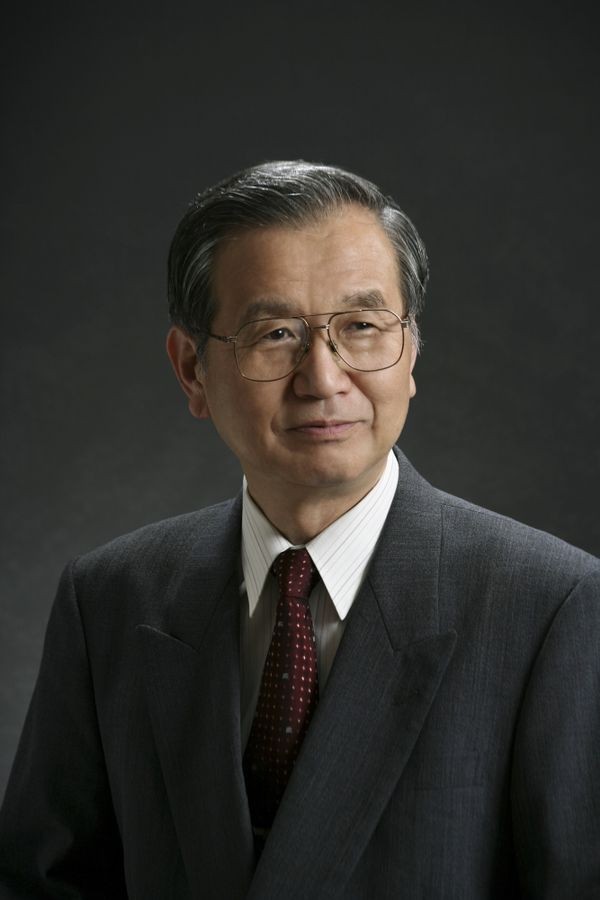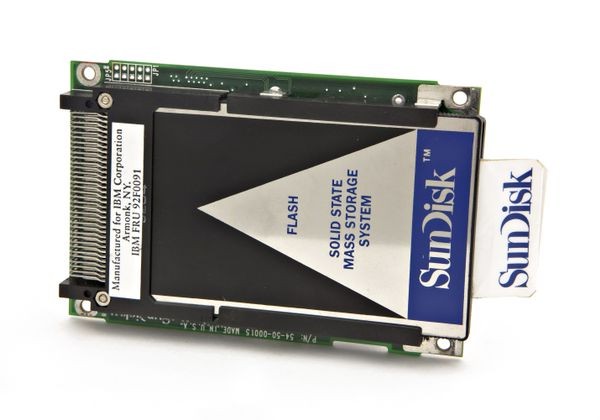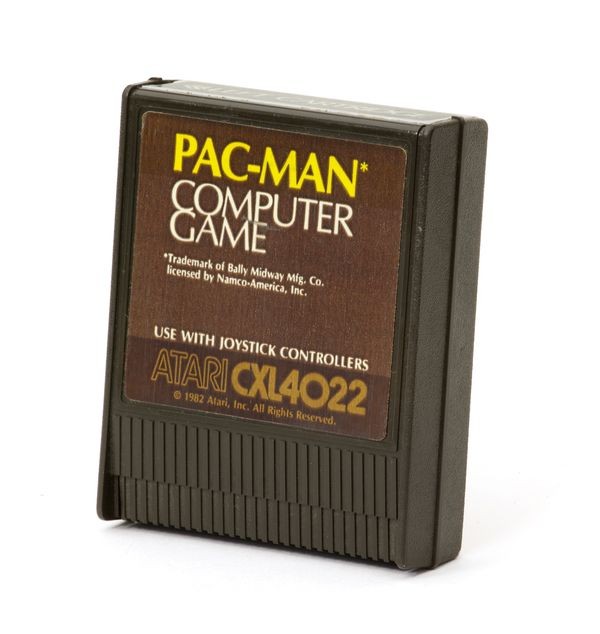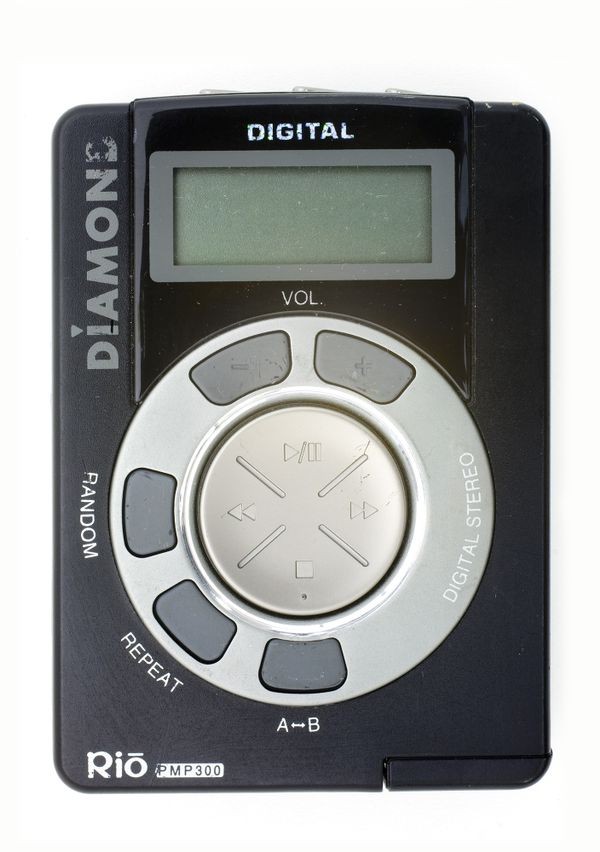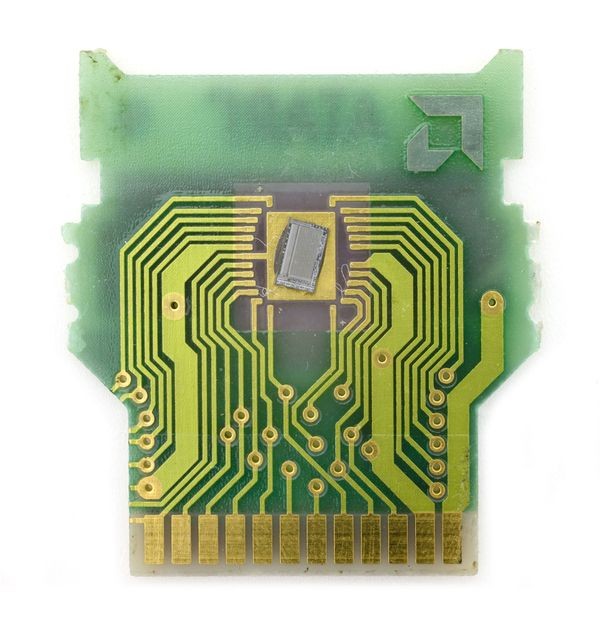Inventing Memory, but Feeling Forgotten
Fujio Masuoka
Fujio Masuoka invented flash memory while at Toshiba.
Inventing Memory, but Feeling Forgotten
Fujio Masuoka invented Flash memory in 1984 while working for Toshiba. Masuoka’s idea won praise. Masuoka didn’t.
Unhappy with what he saw as Toshiba’s failure to reward his work, Masuoka quit to become a professor at Tohoku University. Bucking Japan’s culture of company loyalty, he sued his former employer demanding compensation, settling in 2006 for a one-time payment of ¥87m ($758,000).
Flash memory, named for its ability to erase data in a split second, has since become a key component in digital cameras, phones, and portable music players.
SSD module - SanDisk for IBM
Solid state disks (SSDs) use non-volatile memory chips to replace the spinning disks of a hard disk drive. This is a prototype SSD module made for evaluation by IBM.
View Artifact DetailPac-Man computer game cartridge
Early video game cartridges used factory programmed ROM chips to store the software.
View Artifact DetailRio PMP300 MP3 player
User-programmable non-volatile memory chips found wide application in portable music players. The Rio stored up to one hour of music in its 32 MB flash memory.
View Artifact DetailAtari game cartridge PCB
This board shows the 4K ROM chip inside an Atari game cartridge.
View Artifact DetailRelated Content
Learn more about Fujio Masuoka, the inventor of flash memory, in this telling oral history conducted by the Computer History Museum.
